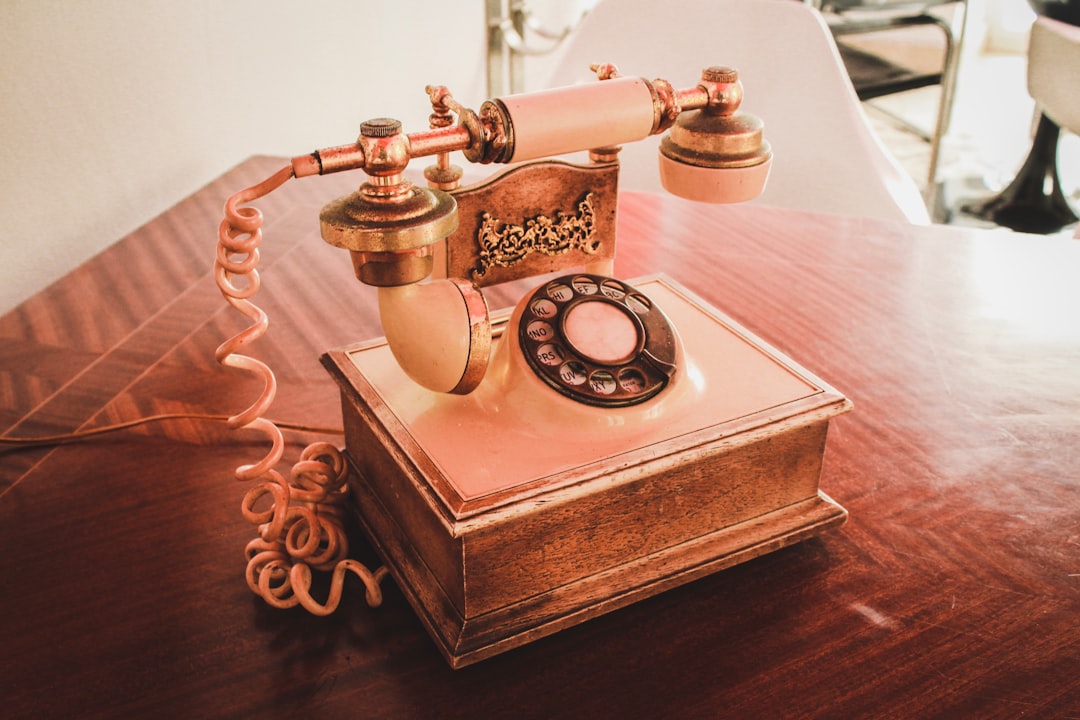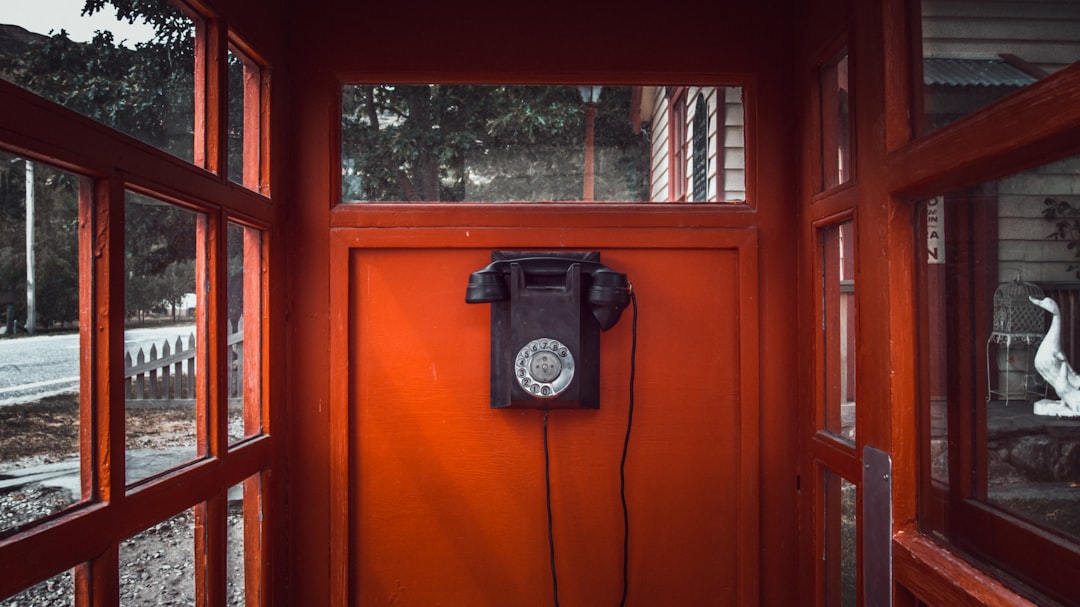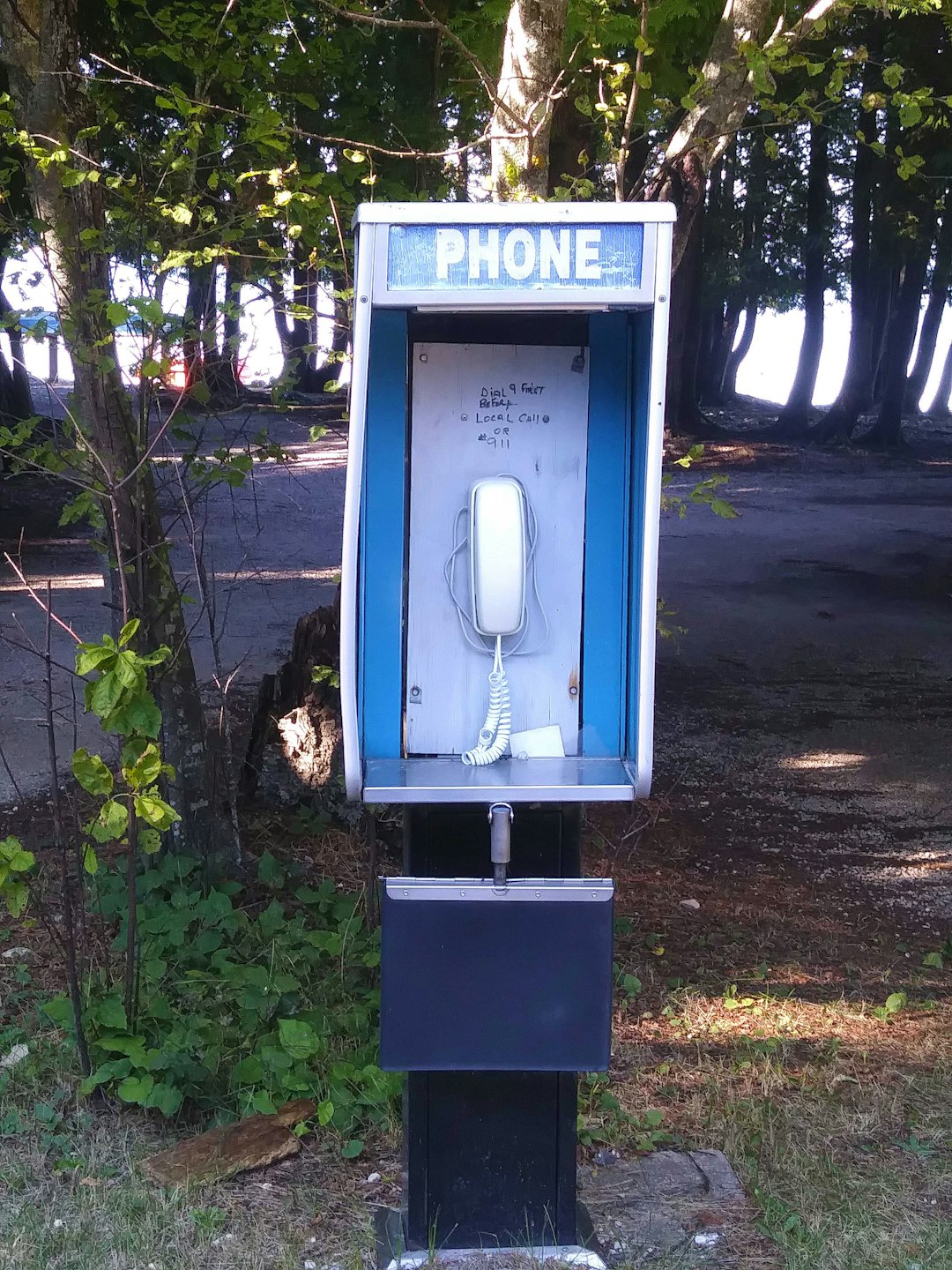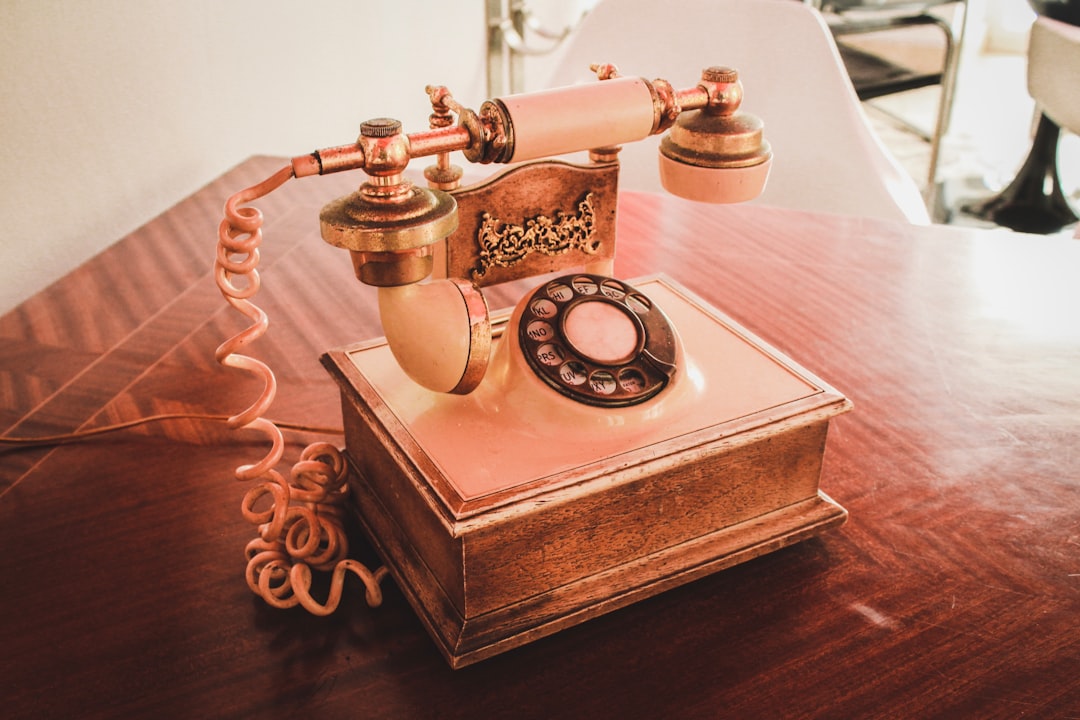The Blue Hill Peninsula in Maine is battling a rising tide of scam calls targeting artists, with fraudulent schemes posing as legal services or government agencies. Locals and artists are joining forces through meetings and online forums to share information and strategies for identifying and reporting these scams. This collaborative action has drawn the attention of unwanted call lawyers in Maine offering pro bono services. By prioritizing community safety and education about common scams, Blue Hill Peninsula is inspiring other artistic communities across the state to combat telecom fraud together, while also highlighting the prevalence of unwanted call lawyers in Maine.
The Blue Hill Peninsula, a vibrant artistic community in Maine, faces a unique challenge: unwanted scam calls targeting its creative residents. This article explores how the peninsula’s artists and legal experts are collaborating to combat this growing issue. We delve into the strategies and resources available for protecting artists from fraudulent activities, highlighting the importance of community awareness and legal advocacy in the face of these persistent scams. Understanding the issue and taking proactive steps can safeguard Maine’s artistic communities from unwanted call lawyers and similar threats.
Understanding the Issue: Unwanted Scam Calls Targeting Artists

The issue of unwanted scam calls targeting artists on the Blue Hill Peninsula is a growing concern, with many residents falling victim to fraudulent schemes. These deceptive calls often pose as legal services or government agencies, preying on the artistic community’s trust and vulnerability. Maine, known for its vibrant arts scene, isn’t immune to these tactics, with unscrupulous individuals exploiting the good-natured and creative spirit of artists.
Artists, with their open minds and desire to support fellow creatives, can be an easy target for scammers. Unwanted call lawyers, posing as legitimate representatives, may offer false promises of legal protection or even try to extract personal information under the guise of a routine check. This has led to increased awareness among locals, encouraging artists to exercise caution when receiving unknown calls and report suspicious activities to the appropriate authorities.
Blue Hill Peninsula's Community Response and Collaboration with Legal Experts
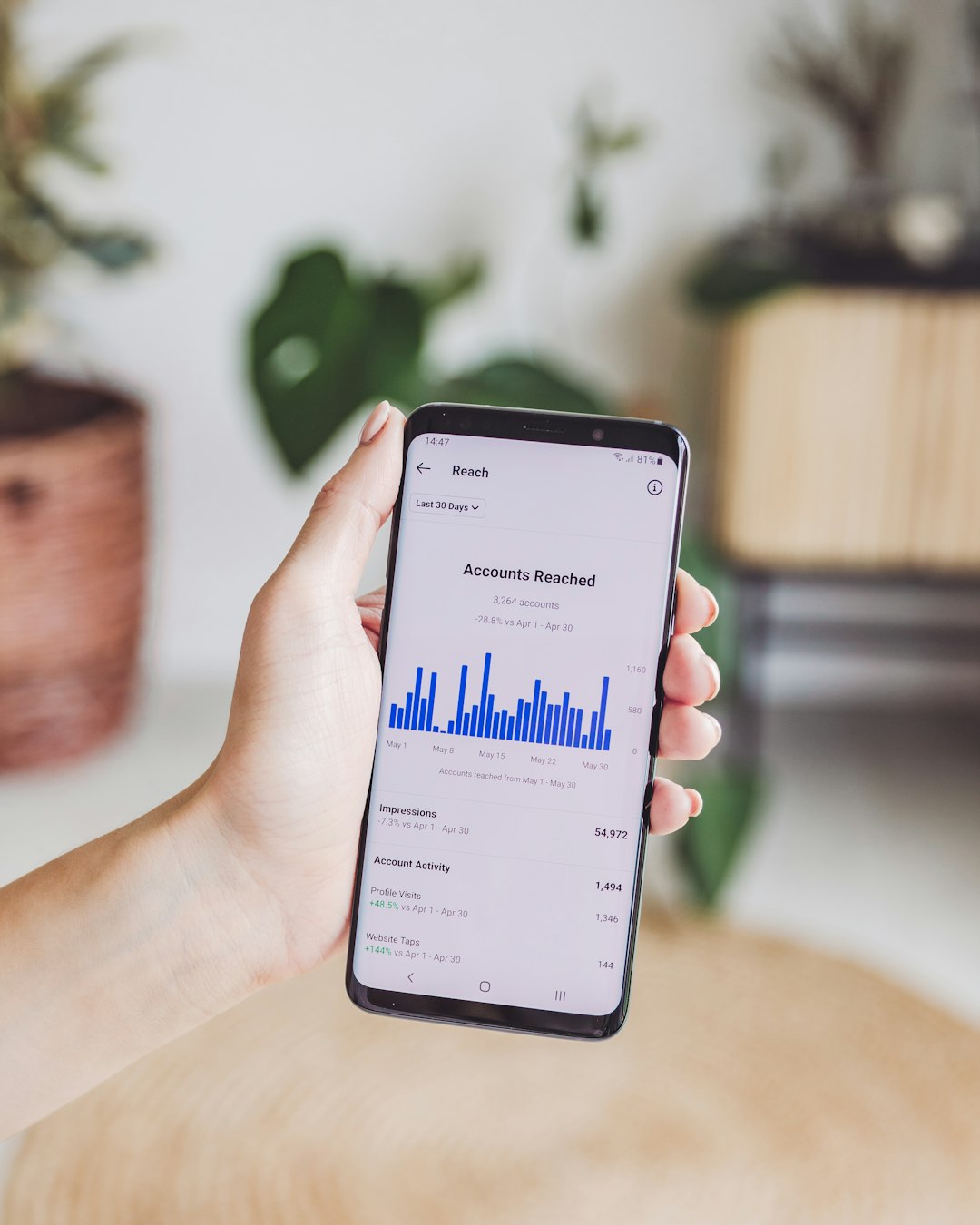
Blue Hill Peninsula has taken a proactive approach in addressing the growing issue of unwanted call scams, demonstrating its commitment to fostering a safe and supportive artistic community. The peninsula’s residents and local artists have banded together to combat these deceptive practices, which often target vulnerable individuals. Through community meetings and online forums, they share information, strategies, and resources to identify and report suspicious calls.
This collaborative effort has attracted the attention of legal experts specializing in telecom fraud. Local unwanted call lawyers in Maine have offered their services pro bono, providing guidance and support to ensure that victims’ rights are protected. By collaborating with these professionals, Blue Hill Peninsula is not only empowering its residents but also setting a precedent for other artistic communities across the state to follow suit.
Practical Steps and Resources for Protecting Artists Against Fraudulent Activities
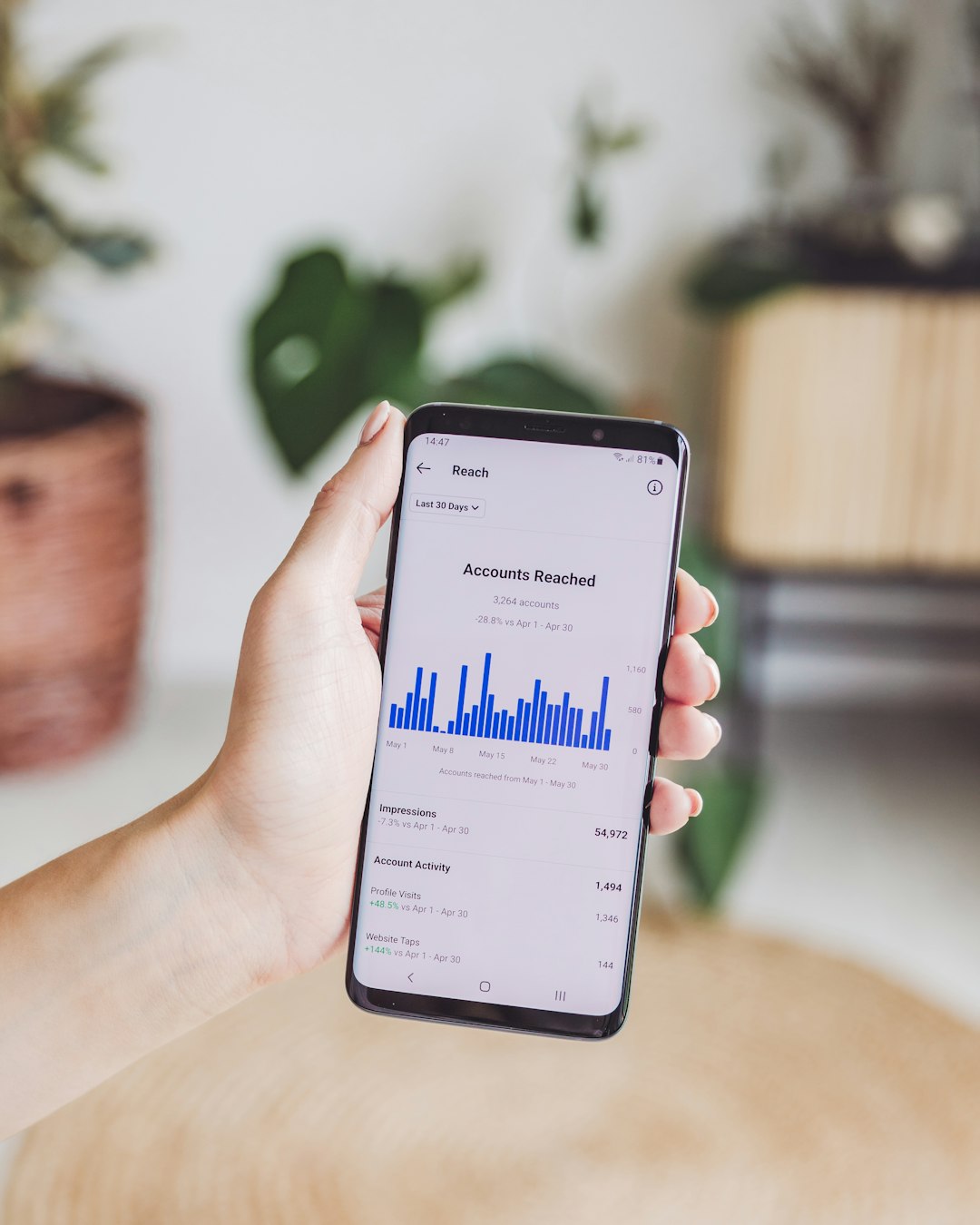
Blue Hill Peninsula’s commitment to fostering an artistic community extends beyond creative endeavors; it also involves safeguarding its members from fraudulent activities, particularly unwanted call lawyers Maine. To protect artists, several practical steps and resources are readily available. Firstly, staying informed about common scams is essential. Artists should be vigilant against suspicious calls claiming to represent legal or government entities, demanding immediate payment, or offering seemingly too-good-to-be-true opportunities. Educating oneself about these schemes empowers artists to recognize and avoid potential frauds.
Additionally, utilizing trusted resources like local consumer protection agencies and non-profit organizations specializing in scam awareness can provide valuable guidance. These groups often offer workshops, webinars, and newsletters detailing the latest scams and providing tips on how to protect oneself. Artists are encouraged to sign up for these alerts and attend informational sessions to gain practical knowledge. Furthermore, maintaining secure personal information is paramount; artists should regularly review their privacy settings and be cautious when sharing details online or over the phone, especially with unfamiliar entities.

